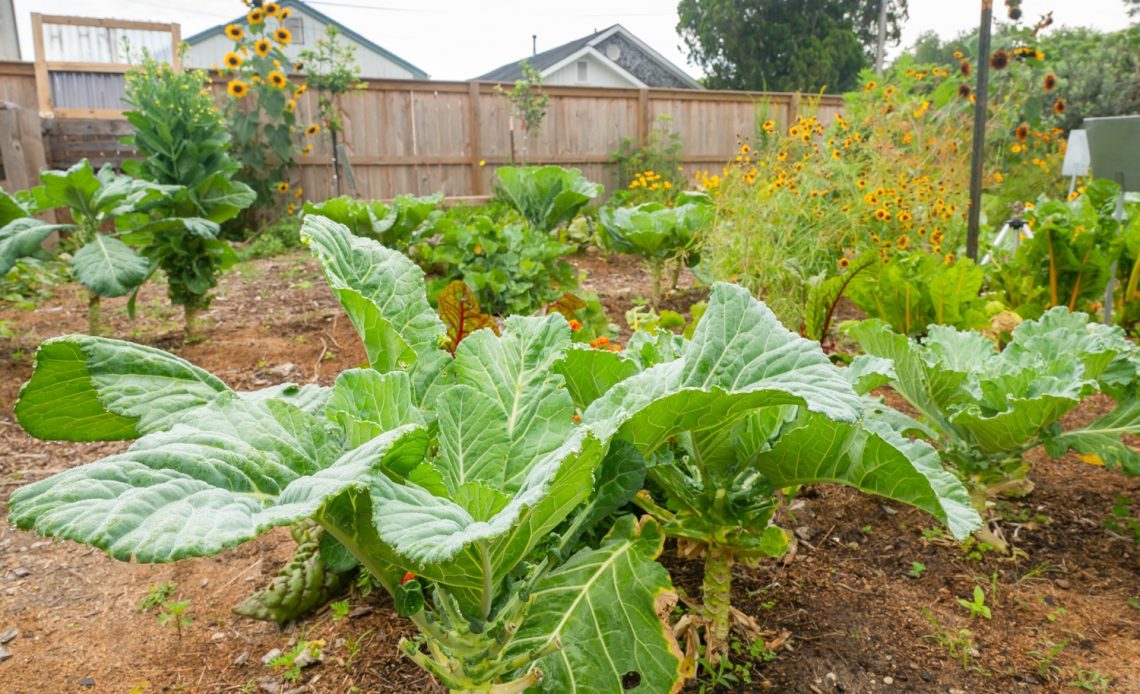

We’re here to help! Wild Yards is a completely free website that is 100% dedicated to helping you create a wildlife-friendly, sustainable yard. Read more
WildYards is reader-supported. When you buy a product through a link on our site, we may earn a comission. Every product is independently selected by our (obsessive) editors and our reviews are unbiased and objective. Read more about our mission or our privacy policy.
Get a Landscaping or Gardening Quote
Enter your zip code
Whether you grow flowers, fruits, or vegetables, gardening is a hobby that’s good for your health. It’s good for the environment, too, especially if you’re raising an organic garden. Eliminating the use of harmful chemicals in your backyard prevents these pollutants from dirtying the air we breathe and the water we drink. You know that sustainable gardening is better for the earth, but why is sustainable gardening important?
Sustainable gardening allows us to reduce waste and offset carbon emissions, while also supporting pollinators. Gardening sustainably has the potential to provide local wildlife with more food, resulting in a beneficial impact on your ecoregion as a whole.
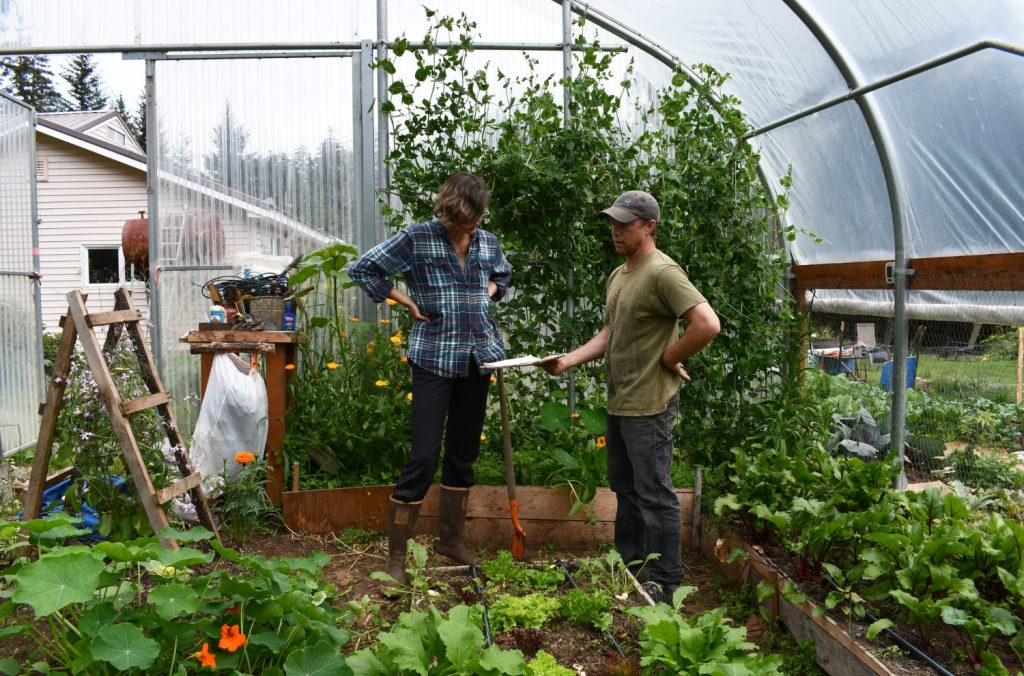
Why is organic gardening important for the environment?
Growing organically is a great way to go green, and there are so many strategies that you can implement to make your garden more sustainable.
Composting is an easy way to start. Recycling materials you would otherwise throw away, including paper, cardboard, and table scraps, cut down on the amount of garbage your household produces.
Constructing a rain garden in your backyard is another simple strategy that helps by slowing runoff and promoting drainage. Landscaping on a slope is also helpful because it prevents erosion.
There are a ton of ways that you can make your garden more sustainable. But why is gardening sustainably so important for the world around us? Let’s take a look!
Sustainable gardening reduces pollution
The most obvious benefit that sustainable gardening has to offer is that it cuts down on the amount of pollution we generate.
You may not think that spraying your tomatoes down with a chemical-based pesticide is doing that much damage to the environment. But if everybody else on your block is using chemical-based products in their gardens as well, that can pose a serious problem.
Switching your garden to chemical-free herbicides, fungicides, and pesticides is a great way to reduce pollution.
Whether you need help clearing out a garden full of weeds or creating chemical-free insecticides, there are organic options that will reduce your toxic load on the environment.
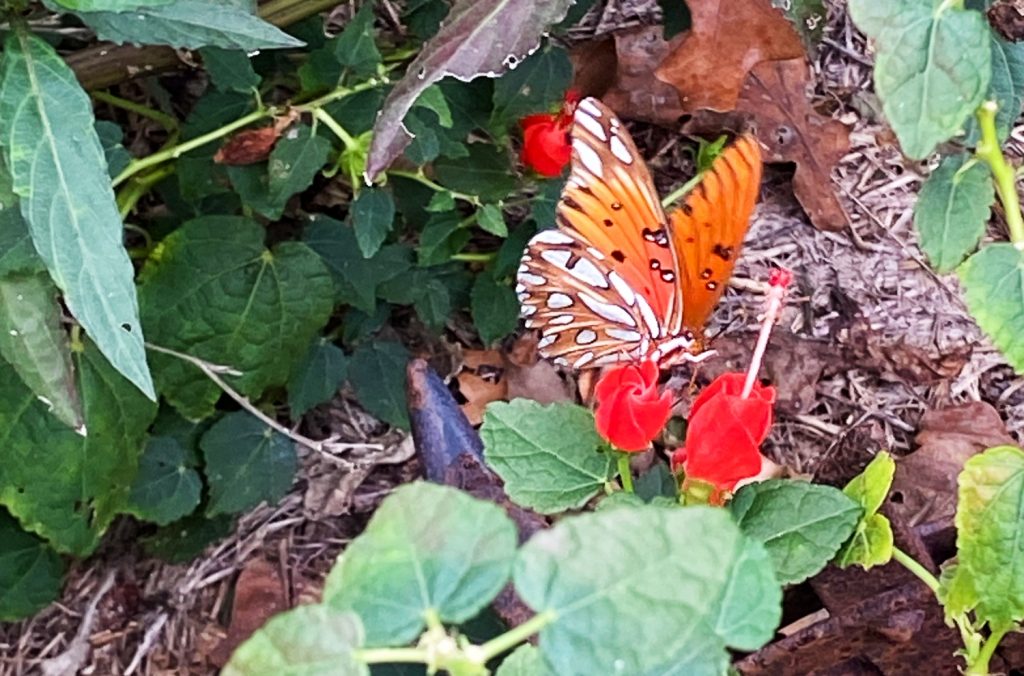
Sustainable gardening controls runoff and filters groundwater
A good rain is just what your garden needs to stay healthy. But excessive runoff carries all sorts of pollutants with it.
Oil and gasoline from the streets, chemicals from garden products, nitrogen from fertilizers, sediment from construction zones, and all manner of litter can find their way into local rivers and streams.
A rain garden helps slow the rate of runoff through your property, preventing these pollutants from reaching local waterways. Planting water-loving plants in the low places in your backyard helps soak up runoff before it gets the chance to taint waterways.
Furthermore, keeping nitrogen-rich synthetic fertilizers out of the water prevents eutrophication.
This bloom in phytoplankton activity removes nutrients from the water and contributes to acidification, which can negatively impact marine life and the fishing industry.
Who knew something as simple as planting a willow tree in a ditch could make such a big difference to the environment?
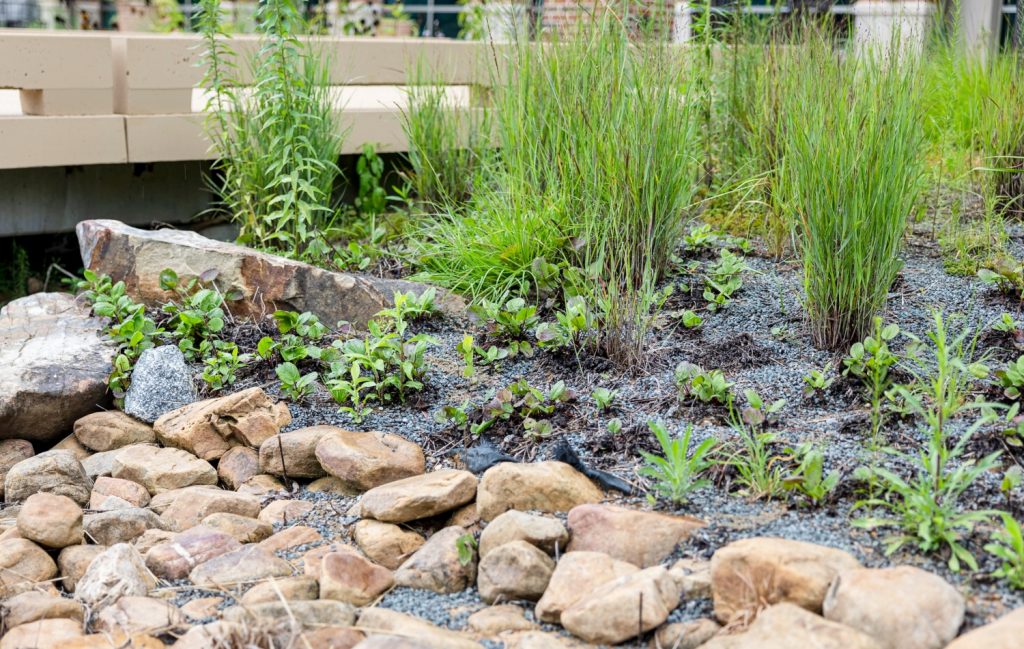
Sustainable gardening improves soil quality
Synthetic fertilizers, the most commonly used in commercial agriculture, provide plants with the nutrients they need to grow. And, technically, that’s good enough.
But organic gardening takes a roundabout approach to feeding plants. Instead of giving plants their “serving” of nutrients, organic gardening focuses on enriching the soil and this strategy is far more sustainable.
Adding nutritious biodegradable materials to the soil, like worm castings, manure, and fish fertilizer, increases levels of nitrogen, phosphorus, and potassium — the three nutrients plants need most to survive.
But these materials don’t just feed plants. They feed the healthy bacteria in the soil, so they can encourage these materials to continue to degrade, and keep plants fed.
Over time, adding these organic fertilizers to your soil enhances soil quality, making your plants more resistant to diseases.
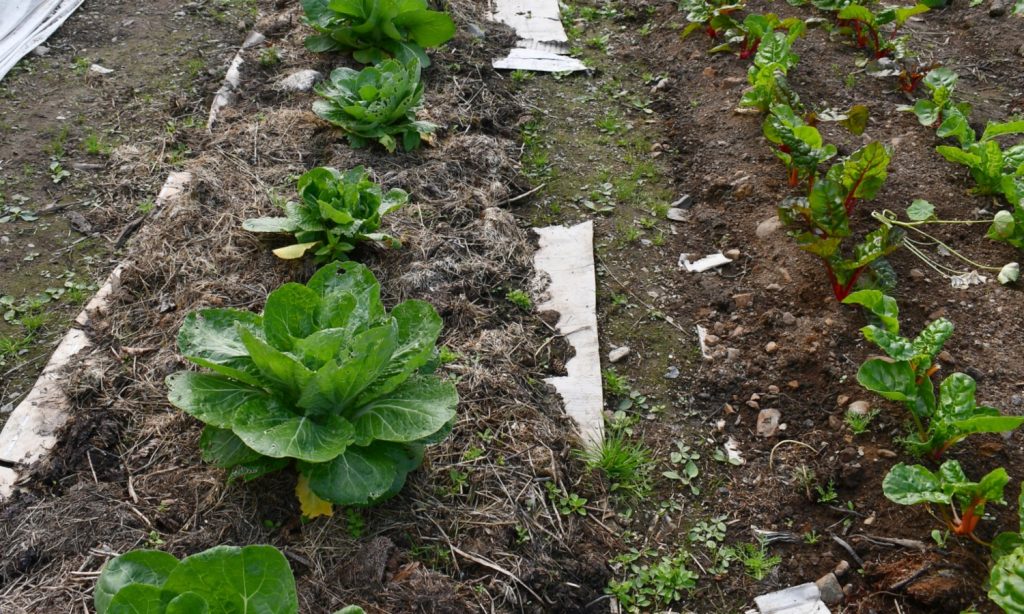
Sustainable gardening can help you conserve energy
Planting trees is great, don’t get us wrong. But a little careful planning can make all the difference! Part of sustainable gardening is landscaping your property in such a way that you can cut down on your household’s energy use.
Planting deciduous trees on the east and west sides of your home shields the ground below from the harsh rays of the summer sun.
Growing shade trees around your home can significantly reduce your carbon emissions by helping to keep your home cool in the summer.
As these deciduous trees lose their leaves in fall, the sunlight will make its way through just in time for winter, helping to warm your house up so you don’t have to turn the heat up so high.
Planting evergreen trees along the north side of your property also helps by blocking out those bone-chilling winter winds.
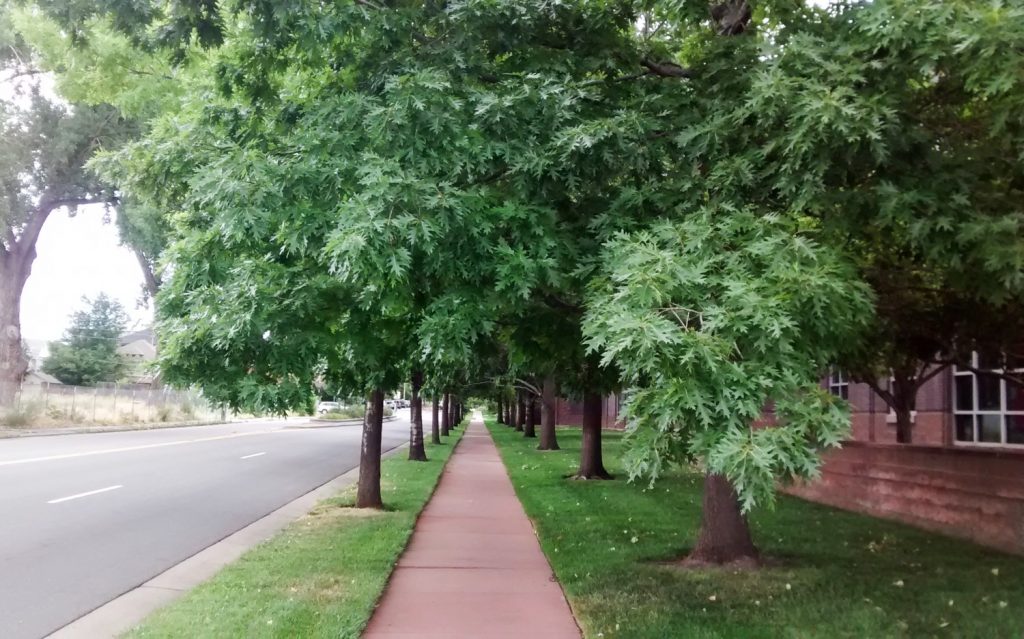
Sustainable gardening supports pollinators
Native plants, from flowers and vines to trees, grasses, and shrubs, play an invaluable role in a sustainable garden.
These plants provide pollinators with their preferred food sources.
Hybrid flowers are beautiful from an aesthetic perspective. But they don’t generate much pollen or nectar. So, in reality, they’re a poor food source for local bees, hummingbirds, and butterflies.
Including native plants in your home’s landscaping is an easy way to support local pollinators.
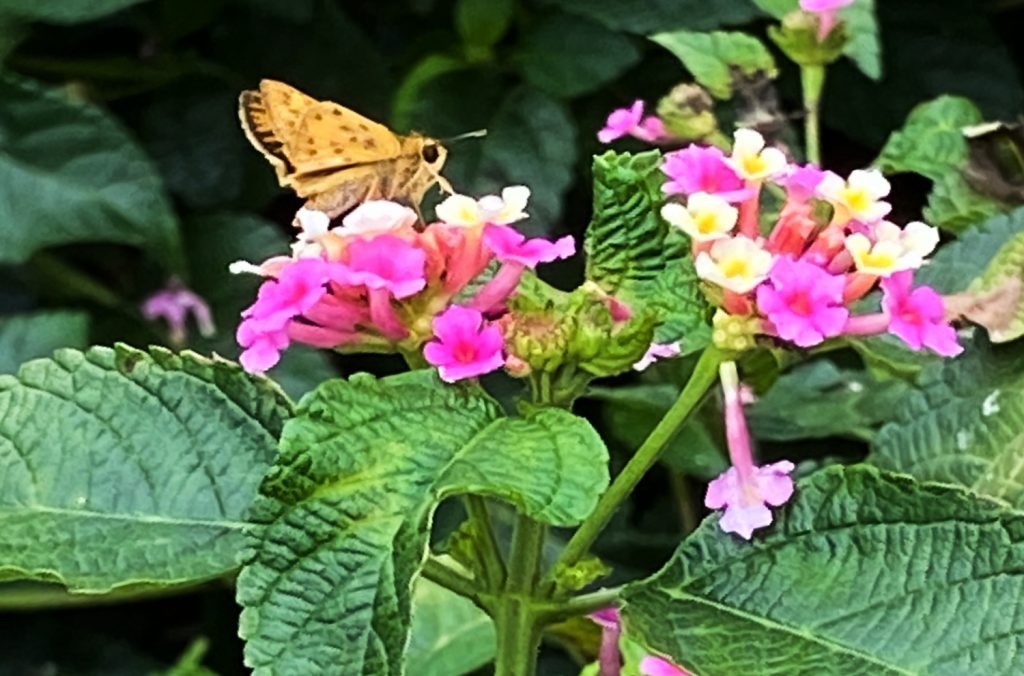
Sustainable gardening keeps your ecoregion healthy
When you support local pollinators, you support your entire ecoregion.
Pollinators promote fruit and seed production. Your local deer, squirrels, birds, and raccoons will benefit from the increase in food supply, and these animals help the native plants propagate by transporting their seeds to new locations.
Planting a pollinator-friendly flower garden is a small step to take, but it has the potential to benefit your entire ecoregion.
Helping to propagate native plants helps prevent invasive ones from out-competing with them, so your local pollinators and wildlife can continue to thrive for generations to come.
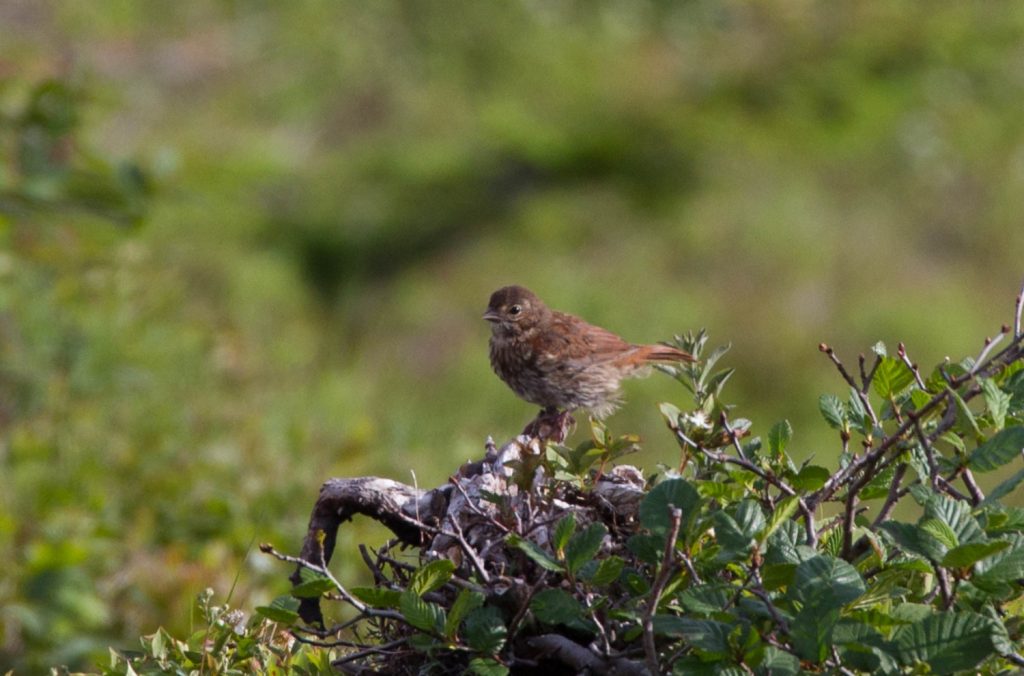
Sustainable gardening is great for your mental and physical wellbeing
Aside from the aforementioned environmental benefits, sustainable gardening is good for you, too!
Spending time in nature reduces stress and enhances the mood. Laying out your vegetable garden or landscaping your property to make it more environmentally friendly also gets those creative juices flowing, which keeps your brain spry.
Plus, gardening is a good workout!
Prepping the soil, weeding garden beds, and harvesting the fruits of your labor support your health from the inside out, which is just one more of the many benefits of sustainable gardening!
Sustainable gardening can build stronger communities
As more of us become environmentally conscious, sustainable gardening can have an even bigger impact.
New gardeners sometimes think that organic gardening is too involved. That you have to have a large property and a huge setup to garden sustainably, but that just isn’t true.
Organic gardening can be easy! And the results often surpass gardens grown with traditional methods.
If you grow your garden on your own property, use it as an opportunity to educate your friends and family about the importance of supporting nature, and how easy it can be to do so.
Alternatively, if you work in a community garden, talk to your fellow members about implementing some sustainable gardening strategies to reduce the negative impact we humans have on our environment.
Sustainable gardening can have tremendous benefits for your local ecoregion. When you get your neighbors involved, it can bring your community together, too!
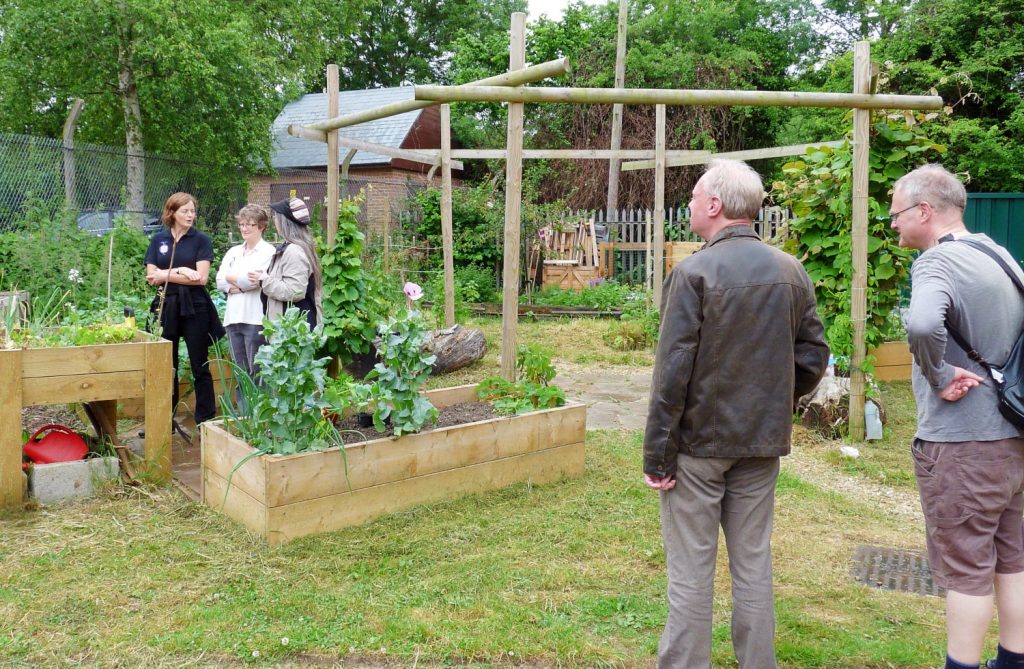
What can you do to make your garden more sustainable?
Looking for ways to make your garden more sustainable? It’s easy. Here are some easy things you can do to make your backyard more eco-friendly today.
Install a rain barrel
Sometimes, sprinklers are a good thing. Motion sprinklers, for instance, are an environmentally friendly way to keep deer, rabbits, and other pests out of your garden.
But using sprinklers to water your plants? That wastes a lot of water. There’s a better way.
If you want to be more environmentally friendly, you can cut down on the amount of water you use by installing a rain barrel.
Rainwater is soft. It hydrates plants without adding minerals to the soil, like tap water. So it’s actually much better for your garden, anyway.
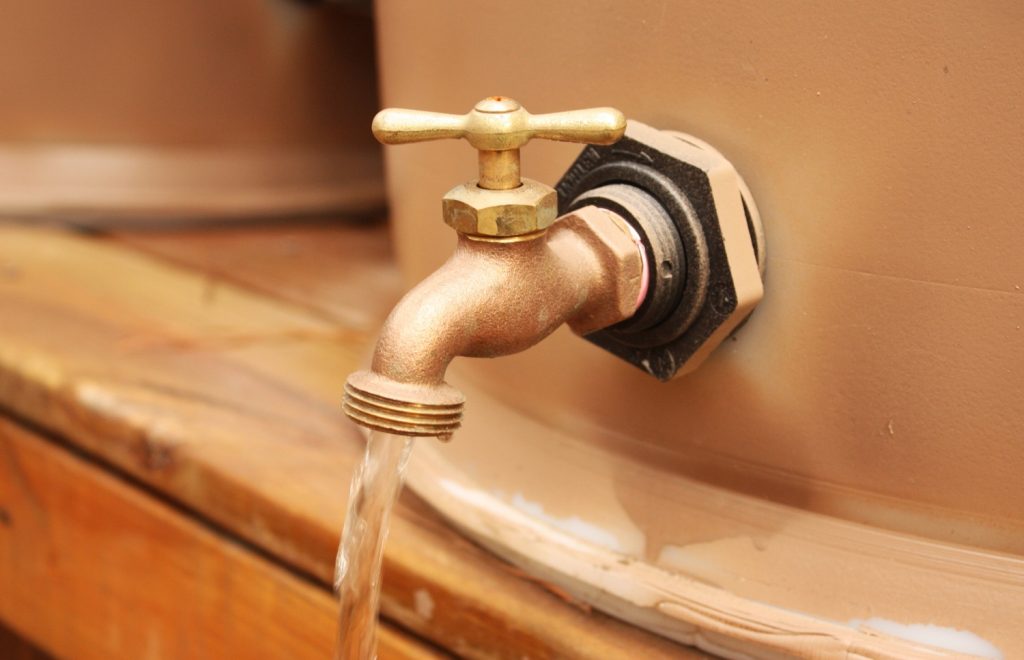
Apply mulch
Laying down a thick layer of mulch is an easy way to make your garden more sustainable.
Hay, grass clippings, or wood chips protect the soil from sunlight, locking in moisture. Mulch also insulates roots so your plants won’t get too hot in summer or too cold in spring or fall.
A layer of mulch that measures 6 to 8 inches thick can also suppress roots, cutting down on your weeding work.
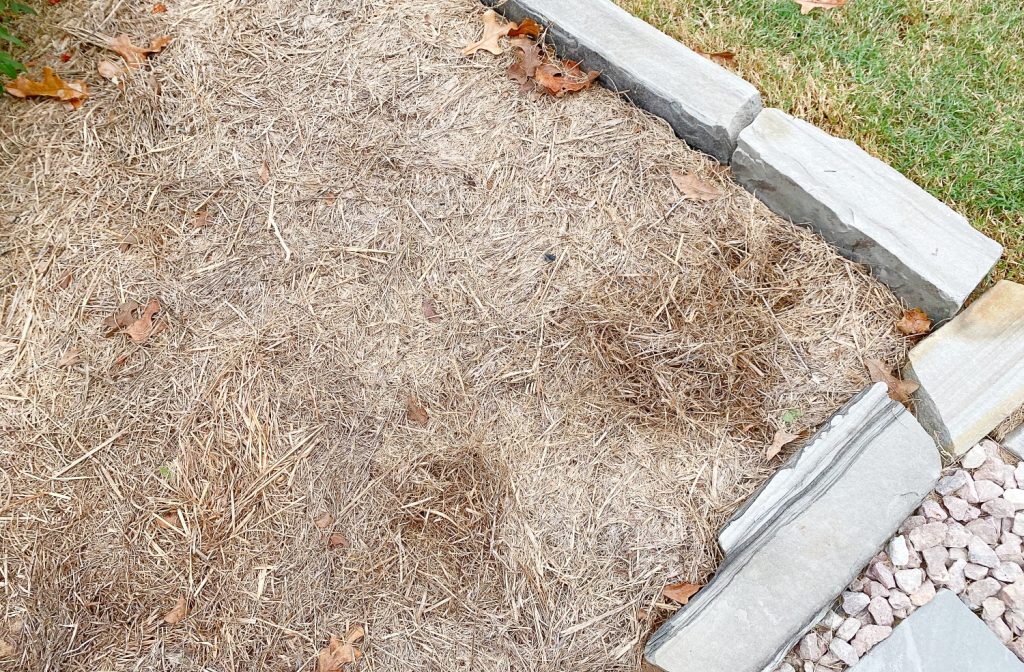
Purchase materials locally
Whenever possible, try to source materials for your garden locally.
Manure, wood chips, old hay, and all sorts of biodegradable materials can usually be found within 50 miles or so.
Picking up these materials straight from the source cuts down on shipping costs and carbon emissions. Plus, it’s usually much cheaper than buying these organic materials from retailers.
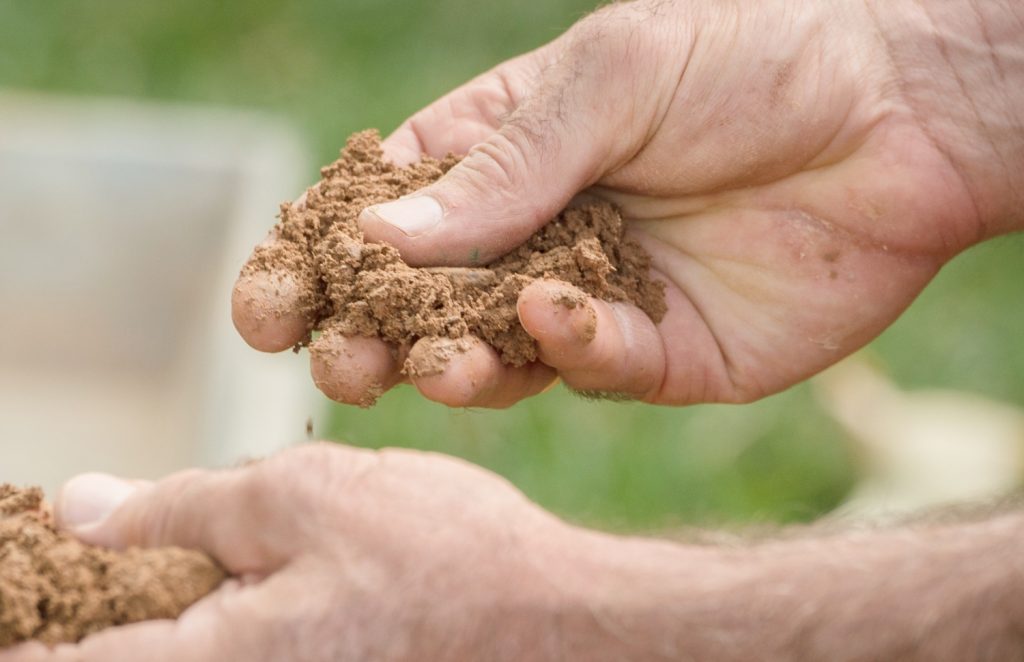
Sustainable gardening paves the way for a better future
Organic gardening has nothing but benefits to offer the environment, by supporting local pollinators and wildlife and keeping toxins out of our soil, air, and waterways.
If you want to do your part to support Mother Earth, adopt sustainable gardening strategies today. Your local flora and fauna will thank you, and you’ll be glad you did!
